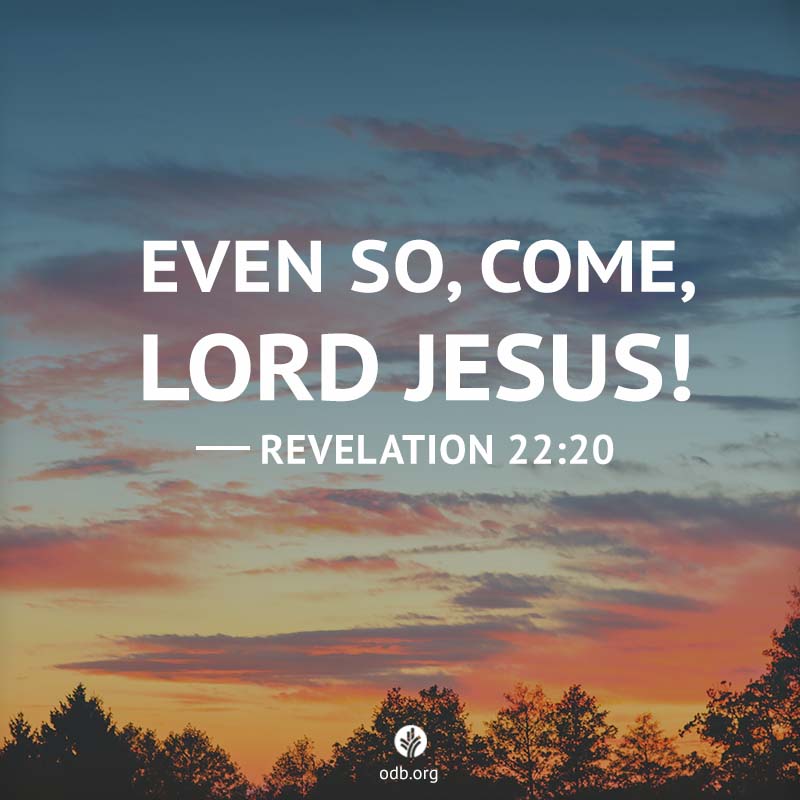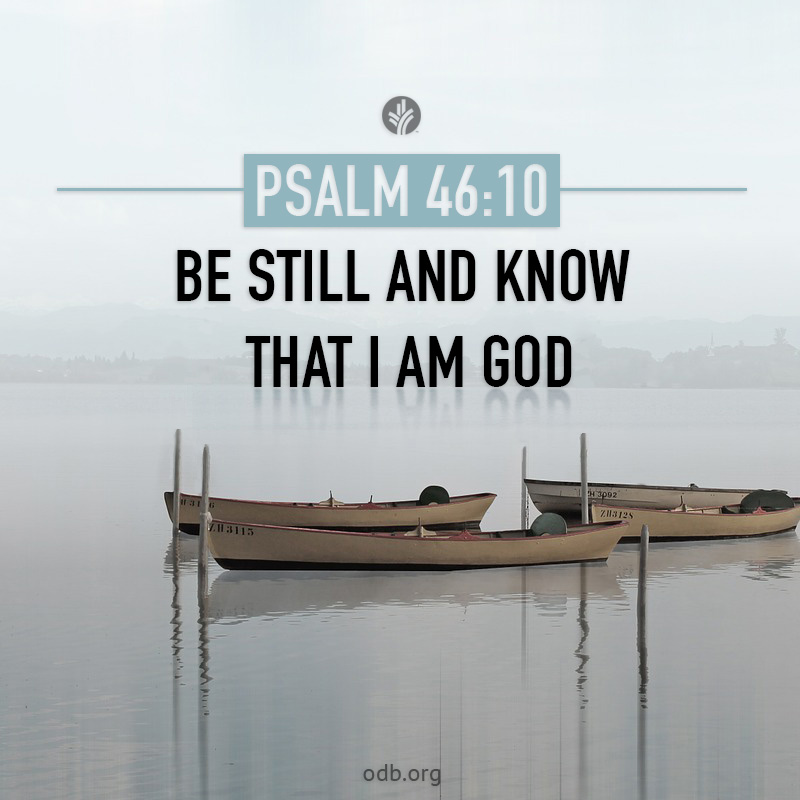Go Fever
On January 28, 1986, after five weather-related delays, the space shuttle Challenger lumbered heavenward amid a thunderous overture of noise and flame. A mere 73 seconds later, system failure tore the shuttle apart, and all seven crewmembers perished.
The disaster was attributed to an O-ring seal known to have vulnerabilities. Insiders referred to the fatal mistake as “go fever”—the tendency to ignore vital precautions in the rush to a grand goal.
Our ambitious human nature relentlessly tempts us to make ill-advised choices. Yet we are also prone to a fear that can make us overly cautious. The ancient Israelites demonstrated both traits. When the 12 scouts returned from spying out the Promised Land, 10 of the 12 saw only the obstacles (Num. 13:26-33). “We can’t attack those people; they are stronger than we are,” they said (v. 31). After a fearful rebellion against the Lord that led to the death of the 10 spies, the people suddenly developed a case of “go fever.” They said, “Now we are ready to go up to the land the Lord promised” (14:40). Without God, the ill-timed invasion failed miserably (vv. 41-45).
When we take our eyes off the Lord, we’ll slide into one of two extremes. We’ll impatiently rush ahead without Him, or we’ll cower and complain in fear. Focusing on Him brings courage tempered with His wisdom.

The Forward Look
When the great Dutch painter Rembrandt died unexpectedly at age 63, an unfinished painting was found on his easel. It focuses on Simeon’s emotion in holding the baby Jesus when He was brought to the temple in Jerusalem, 40 days after His birth. Yet the background and normal detail remain unfinished. Some art experts believe that Rembrandt knew the end of his life was near and—like Simeon—was ready to “be dismissed” (Luke 2:29).
The Holy Spirit was upon Simeon (v. 25), so it was no coincidence that he was in the temple when Mary and Joseph presented their firstborn son to God. Simeon, who had been looking for the promised Messiah, took the baby in his arms and praised God, saying: “Sovereign Lord, as you have promised, you may now dismiss your servant in peace. For my eyes have seen your salvation, which you have prepared in the sight of all nations: a light for revelation to the Gentiles, and the glory of your people Israel” (vv. 29-32).
Simeon was not longing for the glory days of Israel’s history, but was looking ahead for the promised Messiah, who would come to redeem all nations.
Like Simeon, we can have an expectant, forward look in life because we know that one day we will see the Lord.

A Better View
As a child, I loved to climb trees. The higher I climbed, the more I could see. Occasionally, in search of a better view, I might inch out along a branch until I felt it bend under my weight. Not surprisingly, my tree-climbing days are over. I suppose it isn’t very safe—or dignified.
Zacchaeus, a wealthy man, set aside his dignity (and perhaps ignored his safety) when he climbed a tree one day in Jericho. Jesus was traveling through the city, and Zacchaeus wanted to get a look at Him. However, “because he was short he could not see over the crowd” (Luke 19:3). Fortunately, those things did not stop him from seeing and even talking with Christ. Zacchaeus’s plan worked! And when he met Jesus, his life was changed forever. “Salvation has come to this house,” Jesus said (v. 9).
We too can be prevented from seeing Jesus. Pride can blind us from seeing Him as the Wonderful Counselor. Anxiety keeps us from knowing Him as the Prince of Peace (Isa. 9:6). Hunger for status and stuff can prevent us from seeing Him as the true source of satisfaction—the Bread of Life (John 6:48).
What are you willing to do to get a better view of Jesus? Any sincere effort to get closer to Him will have a good result. God rewards people who earnestly seek Him (Heb. 11:6).

Be Still
Years ago I responded to letters within a couple of weeks and kept my correspondents happy. Then came the fax machine, and they seemed content with receiving a response within a couple of days. Today, with email, instant messaging, and mobile phones, a response is expected the same day!
“Be still, and know that I am God.” In this familiar verse from Psalm 46 I read two commands of equal importance. First, we must be still, something that modern life conspires against. In this hectic, buzzing world, even a few moments of quiet do not come naturally to us. And stillness prepares us for the second command: “Know that I am God; I will be exalted among the nations, I will be exalted in the earth.” In the midst of a world that colludes to suppress, not exalt, God, how do I carve out time and allow Him to nourish my inner life?
“Prayer,” writes Patricia Hampl, “is a habit of attention brought to bear on all that is.” Ah, prayer . . . a habit of attention. Be still and know. The first step in prayer is to acknowledge or to “know” that God is God. And in that attention, that focus, all else comes into focus. Prayer allows us to admit our failures, weaknesses, and limitations to the One who responds to human vulnerability with infinite mercy.

The View from the Mountain
Our valley in Idaho can be very cold in the winter. Clouds and fog roll in and blanket the ground, trapping frigid air under warmer layers above. But you can get above the valley. There’s a road nearby that winds up the flank of Shafer Butte, a 7,500-foot mountain that rises out of our valley. A few minutes of driving and you break out of the fog and emerge into the warmth and brilliance of a sunlit day. You can look down on the clouds that shroud the valley below and see it from a different point of view.
Life is like that at times. Circumstances seem to surround us with a fog that sunlight cannot penetrate. Yet faith is the way we get above the valley—the means by which we “set [our] hearts on things above” (Col. 3:1). As we do, the Lord enables us to rise above our circumstances and find courage and calmness for the day. As the apostle Paul wrote, “I have learned to be content whatever the circumstances” (Phil. 4:11).
We can climb out of our misery and gloom. We can sit for a time on the mountainside and through Christ who gives us strength (v. 13) we can gain a different perspective.
